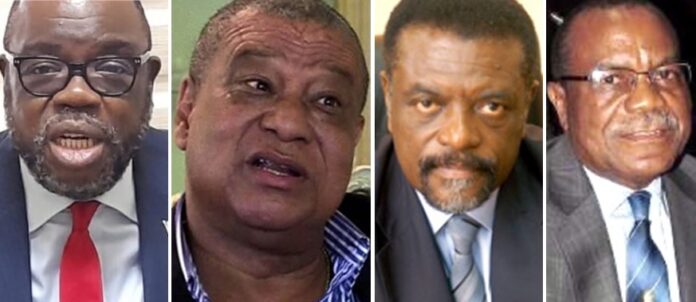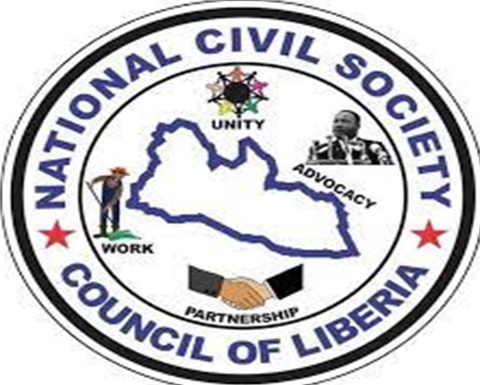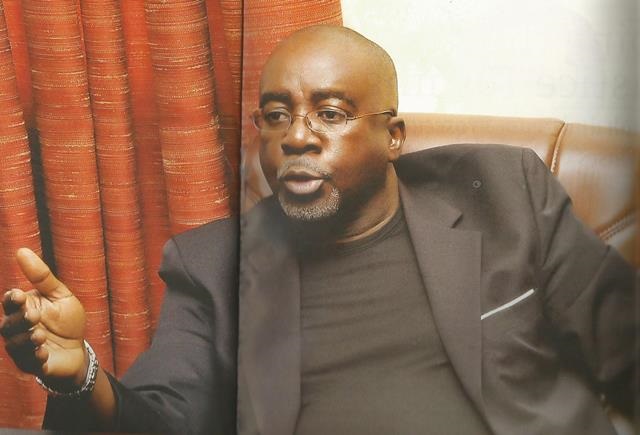MONROVIA, LIBERIA – In a significant development for justice and accountability, Liberia’s newly elected President Joseph Nyuma Boakai has given his approval for the establishment of a long-awaited War and Economic Crimes Court. This landmark decision, as reported by Lyndon J. Ponnie, Sr., sets the stage for the court to finally come into existence, offering hope for justice to the victims of war crimes and economic crimes. While there is still a long way to go, individuals close to the process assure that there will be no further delay in kick starting the court’s proceedings. Current and former government officials, who are at the heart of the allegations, may find themselves at the forefront of arrests and prosecutions.
The Liberian Truth and Reconciliation Commission (TRC) played a vital role in uncovering the truth behind the atrocities committed during Liberia’s tumultuous past. This commission has shed light on the actions of various individuals implicated in war crimes and economic crimes. Now, with the establishment of the War and Economic Crimes Court, the TRC’s efforts can finally be translated into concrete legal action. This court will serve as a platform for impartial and fair trials, ensuring that those responsible for heinous acts are held accountable.
The pursuit of justice in Liberia has faced numerous challenges, but President Joe Boakai’s approval of the War and Economic Crimes Court marks a turning point in the nation’s history. It demonstrates the government’s commitment to addressing past injustices and fostering a society built on the principles of truth, reconciliation, and the rule of law. As the court begins its work, there is renewed hope that victims will find closure, and Liberia will take a step closer to a more just and accountable future.
The Liberian Truth and Reconciliation Commission (TRC) had recommended that several prominent businesspeople and politicians must be apprehended and brought to justice for their alleged involvement in economic crimes.
The list of individuals to be targeted includes Benoni Urey, recognized as one of Liberia’s wealthiest individuals and a member of the All Liberian Party, along with other influential figures such as Edwin Snows, Senator of Bomi County, and former Presidential Advisor Emmanuel Shaw.
The TRC has also identified other current and former government officials who are implicated in these alleged economic crimes. Among them are Morris Saytumah, former Bomi County Senator, Lewis Browne, former Minister of Information, and Nathaniel Barnes, former Minister of Finance.
Additionally, Belle Dunbar, a former official under Charles Taylor’s regime, and Oscar Cooper, previously serving as Margibi County Senator, are also mentioned in the TRC’s list. Cora Peabody, former minister of Commerce, Dr. Roland Massaquoi, former Minister of Agriculture and James Willie Adolphus, alias “Coocoo” Dennis are also included.
These individuals, are alleged to have committed economic crimes against the state, including deceit, fraud, corruption, money laundering, bribery, embezzlement, tax evasion, insider trading, fraud, and smuggling. Such illicit activities not only undermine economic stability but also distort market competition and hinder the overall development of the nation.
International law recognizes the severity of economic crimes and has established mechanisms, such as international treaties, conventions, and agreements, to address them. These legal instruments aim to foster cooperation among countries in combatting economic crimes, facilitating the recovery of stolen assets, and holding accountable those involved in such illegal activities. The TRC’s initiative aligns with these efforts and signifies a significant step towards upholding a fair and transparent global financial system.
The arrest and subsequent prosecution of these individuals will serve as a crucial demonstration of the government’s commitment to combating economic crimes and ensuring accountability. By taking decisive action against those responsible, Liberia aims to deter individuals from engaging in illicit financial activities and safeguard its economic stability and development.
The nation eagerly awaits the outcome, seeking justice for the economic crimes committed against the state.







